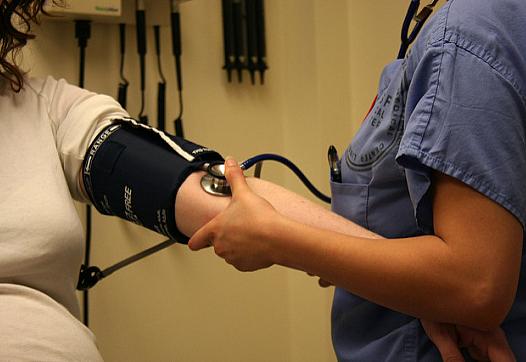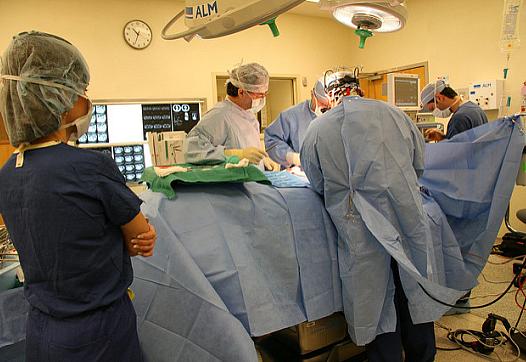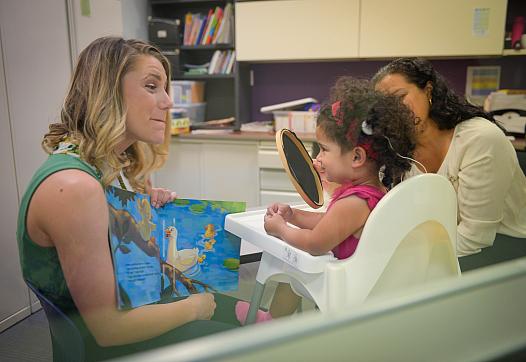
By aggressively documenting a patient’s conditions, insurers can inflate the amount of money they get from Medicare Advantage patients. Here's what reporters should understand about the hidden practice of "upcoding."

By aggressively documenting a patient’s conditions, insurers can inflate the amount of money they get from Medicare Advantage patients. Here's what reporters should understand about the hidden practice of "upcoding."

This month, early results from one of the key efforts to transform primary care were published, and the results were underwhelming. But here's what we can learn from the initiative.

The health news media paid a lot of attention to last week's story about medical errors. But much of the resulting coverage was misleading and failed to scrutinize the underlying evidence.

A hearing clinic trying to balance financial reality with needs of children on Medicaid reaches out for community support.

While innovation will spur many changes in health care, current trends may also create unwelcome developments. Dr. Monya De offers her first five of 10 predictions on what medicine will look like in the decades to come.

Thoughtful comparisons can make all the difference for your audience. For example, the threat of Ebola in the U.S. seems scary until you compare it to drunk drivers, who killed 12,000 in the U.S. in 2014. Ebola killed two.

The Portland Tribune's Peter Korn, a 2009 National Fellow, recently took a look at Oregon residents who've turned to unconventional treatments, and their difficulties in finding doctors who will work them. Korn says this is a story that could be easily localized by reporters elsewhere.

Victims of the Affordable Care Act's "family glitch" include the Devors family of Salem, Ill., who now find themselves caught in a dire health crisis, without adequate coverage.

Do patient satisfaction scores encourage doctors to deliver better care — or do they lure them into gaming the system? A recent study looked at the link between patient experiences and health care outcomes.

California has the worst air in the nation. Yet in the Los Angeles region, home to some of the country’s foulest air, kids are now breathing considerably easier. Wait — how does that work?